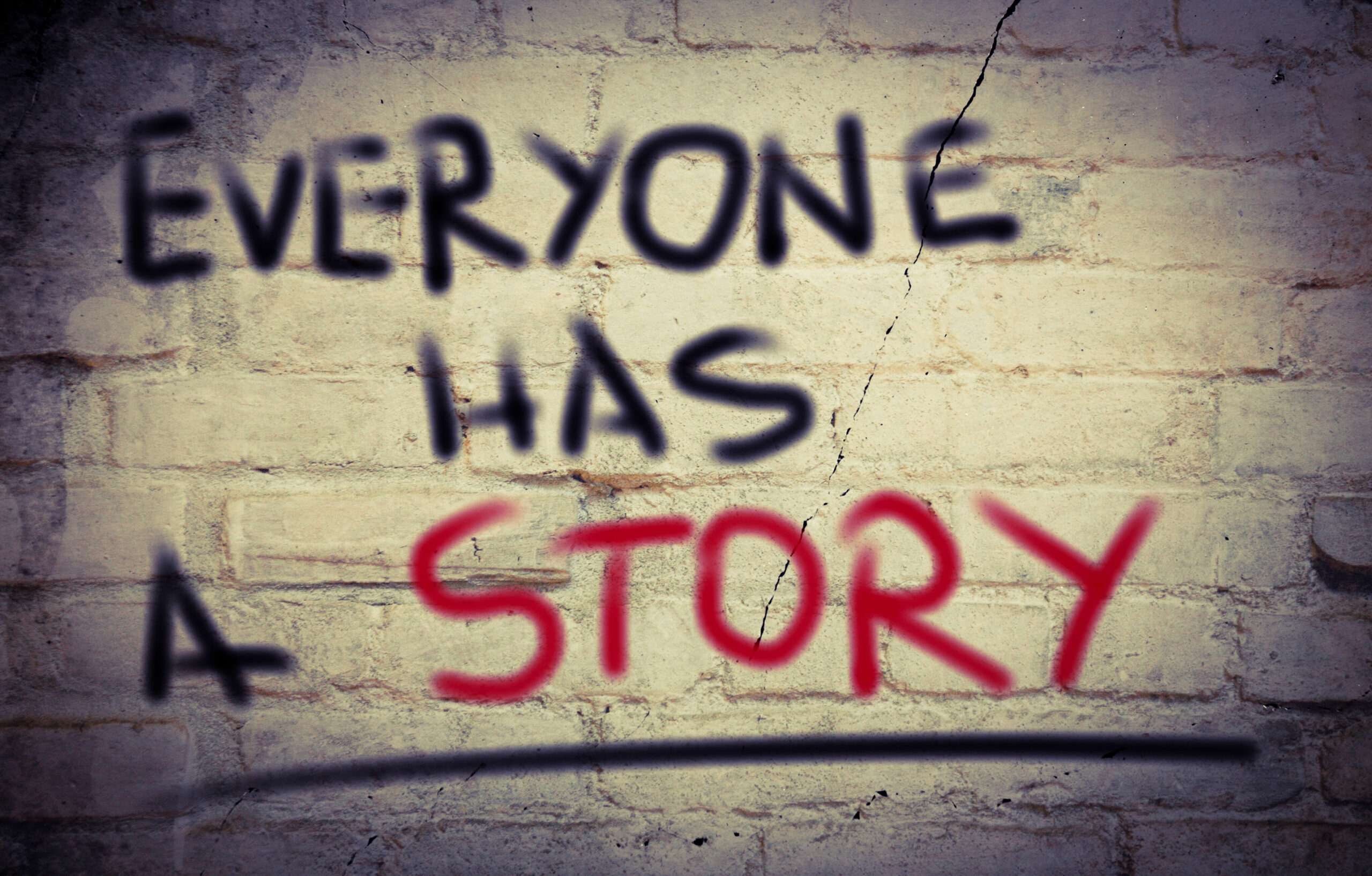
Stories are us. Finding ourselves in history, we figure out who we are and where we belong and how what we do fits with the actions of others. Within great diversity there is common ground. Mental health activists across the world can connect across time, place, and person through collecting, saving, and sharing stories.
We are pleased to announce online, public access to a treasure trove of interviews with community mental health activists from Manitoba. Brandon University and University of Winnipeg supported an oral history research project (recorded in 2018) which provides a permanent, historical record of mental health activists’ narratives and contributes to understanding and building of the diverse mental health activism community.
Available to the public through the Oral History Centre, University of Winnipeg https://main.lib.umanitoba.ca/community-mental-health-activists-advocates-in-manitoba
What is Oral History
Oral History research records, studies, and preserves local knowledge of people living history, in particular, marginalized voices who are otherwise excluded from the historical record. Oral History is a means for communities, such as the diverse field of mental health activism, to document and build their histories. https://oralhistorycentre.ca/
Community Mental Health Activism in Manitoba Oral History Collection (CMHAAM)
The CMHAAM research project’s goal is to understand contemporary mental health activism in Manitoba, Canada through personal narratives of those doing the work. The oral history collection consists of 17 (out of 25) participant interviews. Click on a name to access a participant’s transcript: scroll down to the section labelled “Availability of other formats” for a hyperlink to the participant’s interview. The public can listen online to the audio taped interview or read the transcript. Each interview is broken down into sections with brief summaries describing section themes. Two of the interviews are not immediately available online but available through the Oral History Centre. https://main.lib.umanitoba.ca/community-mental-health-activists-advocates-in-manitoba
Overview of Research Findings
Twenty-five interviews with mental health activists in Manitoba were analyzed for common themes. First and foremost, mental health activism is practice driven by passion. Activists spoke of being compelled to act: “I never set out to do this work.” “Once you’ve seen it, you can’t unsee it.” Unsurprisingly, the research found that mental health activism is based on living experience with the full range of distress that gets framed as mental illness, including living with the burdens of discrimination and poverty. The anchor for activism is living experience rather than professional, institutional, or governmental perspectives and priorities.
Thematic analysis identified goals and activities of mental health activists across all the interviews, divided up into inter-related, overarching themes. These themes are connected: living experience, (though narrative), is the foundation of practice used to achieve system change, social justice, and direct service goals. Living experience narrative is the basis of a common worldview: ontology, epistemology, methodology, and relational ethics. Living experience is used in unique, purposeful, and varied ways to carry out a wide range of activities for the social good. While there are commonalities in world view of mental health activists, there is also a great deal of diversity: supporting conventional mental health systems, transforming existing systems, and building alternatives to dysfunctional, harmful social responses to distress and suffering.
The Oral History Archive provides further identification of topics discussed by each individual providing further access each person’s perspective.
Access to Research Findings
Research findings have been disseminated through a “Report to the Community” document sent to each research participant. If you would like a copy, please contact Karen Clements, email address found at https://www.brandonu.ca/health-studies/faculty-and-staff/clements/. Further dissemination has occurred with public presentations (e.g., Northern Ireland), publication in the Journal of Recovery in Mental (Open Access available at https://jps.library.utoronto.ca/index.php/rmh/article/view/34618), plus archival and public access provided by the Oral History Centre of Winnipeg.
The research team believes connecting with and contributing to dialogue amongst mental health activists is a pressing social need, however, the onset of the pandemic hobbled local public workshops based on the research. The research team joined up with research participant activists Nigel Bart, Eric Fraser, Roland Vandal, and Lisa Waters to brainstorm ways to connect with activists at large. The four research participant activists presented in two Mad in America webinars (https://education.madinamerica.com/p/mental-health-advoacy-systems-transformation).
CMHAAM Research Team
The research was conducted by a team of academic researchers and a community activist with ethical approval from Brandon University (Manitoba, Canada) and a research grant from the Faculty of Health Studies (Brandon University). Members of the research team are Karen Clements, Stan Rossowski, Dana Naismith, Debra Dusome, and Kristen Hardy. The Oral History Centre, University of Winnipeg provided training workshops on conducting oral histories, technological equipment and support, and archiving of the collection.
Moving Forward
There are many reasons for documenting and sharing narratives of mental health activists’ work. Communities and knowledge are built through dialogue. And dialogue provides support for work that can be lonely and challenging. Oral history is a practical vehicle for dialogue, particularly if the research is done by activists for activists. Check out the Oral History Centre of Winnipeg about supports they offer for your oral history project. https://oralhistorycentre.ca/